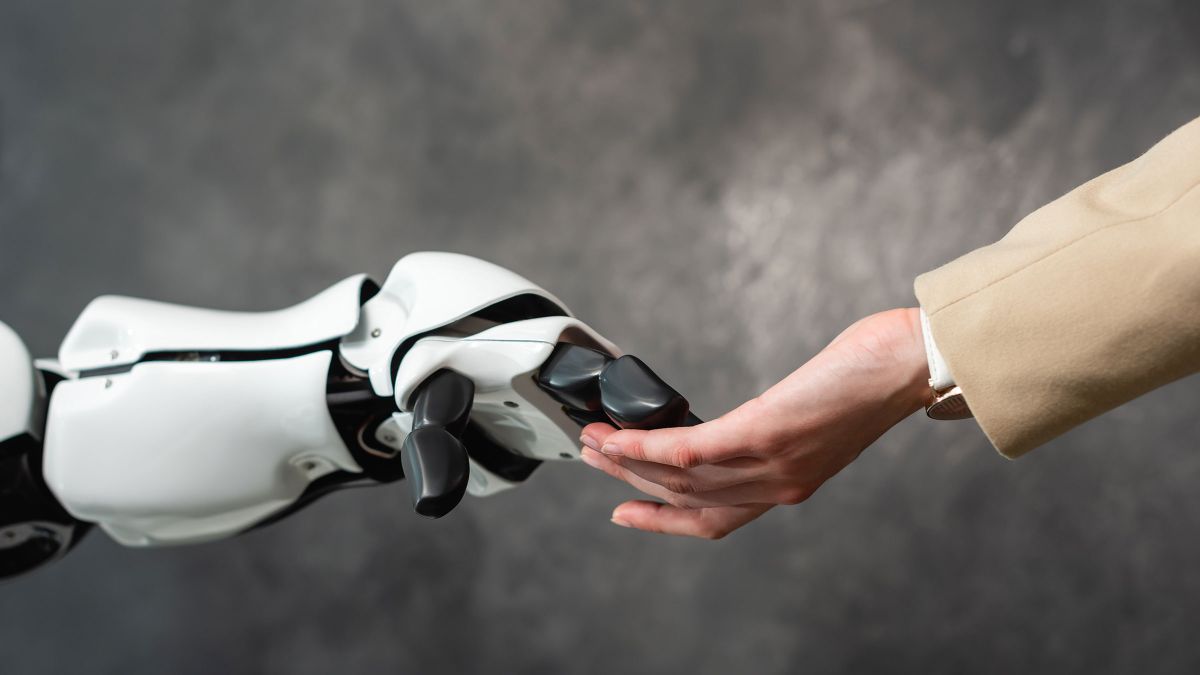
The risk you expose yourself to of losing your qualified job position, if you do not adapt to artificial intelligence, experts warn.
We all look carefully at the advancement of artificial intelligence in recent months, with a AI that we not only see in products like ChatGPT, but that we increasingly have robots that are more intelligent and efficient, and some inside factories that escape the sight of people.
But if you thought that your job, which you earned after studying several intense years at university, was safe from the advances of artificial intelligence, you should take a look at the new report of the Organization for Economic Cooperation and Development (OECD).
In it, it has been said that the advance in AI can cause the loss of jobs in qualified professions, specifically, they speak of law, medicine and finance.
“Initial results from a new OECD survey on the use of AI in the manufacturing and financial sectors show the urgent need to act now, with policies that enable countries, companies and individuals to benefit from AI, while addressing the risks”, warned the agency.
In addition, he adds that “it was clear that the substitution potential [de trabajos impulsados por IA] remains significant, raising fears of lower wages and job losses“.
“Occupations in finance, medicine, and legal activities that often require many years of education, and whose primary functions rely on accumulated experience to make decisions, may suddenly find themselves at risk of automation by AI.”, the agency also pointed out.
And it is that a point has arrived, where the efficiency and work of the tools of artificial intelligence it becomes indistinguishable from that of human beings.
“These rapid developments, combined with falling costs of production and adoption of these new technologies, suggest that OECD economies may be on the cusp of an AI revolution that could fundamentally change the workplace.the organization said.
“Urgent action is required to ensure AI is used responsibly and reliably in the workplace”, they comment.
The solution proposed by professionals
To prevent AI from accessing these jobs, the report recommends that skilled workers specialize in the use of artificial intelligence.
“The ever-faster development and adoption of AI means that new skills will be needed, while others will change or become obsolete. Training is necessary both for low-skilled and older workers, but also for more-skilled workers. Governments should encourage employers to provide more training, integrate AI skills into education, and support diversity in the AI workforce.”, the report says.
But it’s not all bad, because AI has the potential to eliminate boring, dangerous and repetitive tasks for humans: “The findings show that the use of AI at work can lead to positive results for workers in terms of job satisfaction, health and wages.”, the report states.
In any case, those companies that are adopting AI claim that they have done so “to improve performance and also reduce personnel costs”, which is why this advance in a multitude of market niches seems unstoppable.














